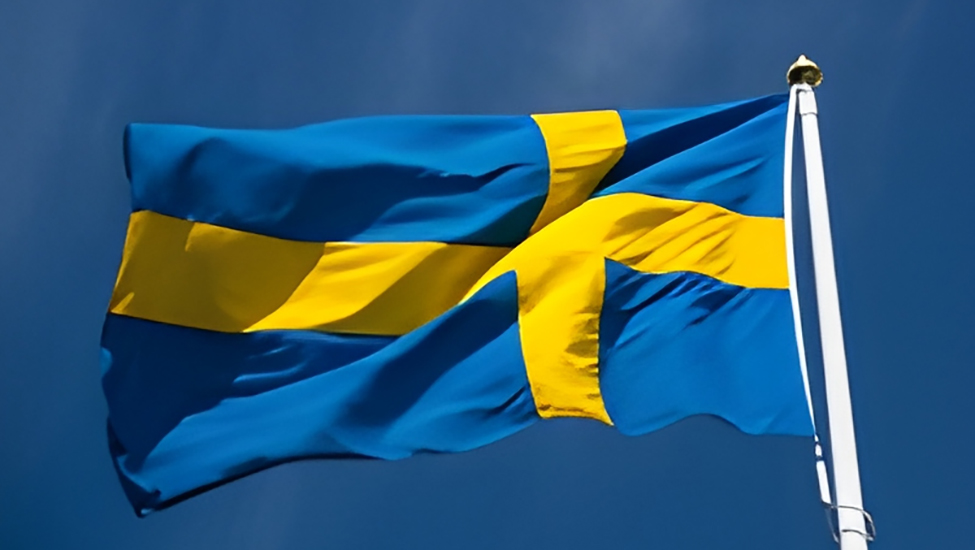The Newsletter n°636 — 1 sept. 2014
La Lettre
Corinne Deloy
—
1 September 2014
Referendum in Scotland on 18th September
1 September 2014

Further rise in unemployment in France
1 September 2014

The Germany economy withstanding the test
1 September 2014
Economic sentiment negative in Europe
1 September 2014
Recession in Italy
1 September 2014
New amended budget in Portugal
1 September 2014
F.Mogherini, High Representative for External Affairs, D Tusk, President of the European Council
1 September 2014

Conclusions of the Extraordinary European Council
1 September 2014
The EU releases 125 million euro for the fresh vegetable sector
1 September 2014

The EU opens its doors to Faroe Isle fish again
1 September 2014
Emergency support to the dairy sector
1 September 2014
Rules to manage investor-State disputes
1 September 2014
Permission to deliver arms to Kurd fighters
1 September 2014

Mario Draghi's speech at Jackson Hole
1 September 2014

ECB Decisions
1 September 2014
German women badly paid
1 September 2014

Conference on the Balkans
1 September 2014
Angela Merkel in Ukraine
1 September 2014
CDU victory in Saxony
1 September 2014
New Finance Minister
1 September 2014

Ministerial reshuffle in France
1 September 2014

Support to Italy to manage refugee flows
1 September 2014

Gas pipeline with Moldova
1 September 2014

Immigration up in the UK
1 September 2014

New Turkish President and Government
1 September 2014

Dissolution of parliament, elections in Ukraine on 26th October
1 September 2014

Situation tense in the east of Ukraine
1 September 2014
Doubts about the independence of the legal system
1 September 2014

New tranche of IMF aid to Ukraine
1 September 2014

16.8 billion euro surplus in the euro zone's international goods trade account
1 September 2014

Annual inflation rate down
1 September 2014
GDP stable in the euro zone and slightly up in the EU
1 September 2014
10.2% unemployment rate in the Union
1 September 2014
71st Mostra Venice
1 September 2014

"Visa pour l'image"
1 September 2014
Agenda
les 1st-4th September
European Parliament, return to Parliament, Commissions' Week (Brussels)
4th September
Council of Governors of the European Central Bank (ECB) (Frankfurt)
4th and 5th September
NATO Summit (Wales)
5th September
Agriculture and Fisheries Council (Brussels)
European Women Leading the Way
Should we be concerned about European competitiveness?
The European Space Context (after the ESA Ministerial Council meeting in 2025)
In support of European regulation that is compatible with growth
Democratic resilience in Europe in a polarised world
The Editors of the Newsletter :
Stefanie Buzmaniuk, Helen Levy
N°ISSN : 2729-6482
Editor-in-Chief :
Eric Maurice
Director of Publication :
Pascale Joannin
Any questions or suggestions?
Contact Us!







